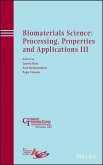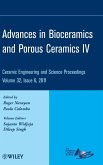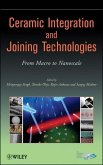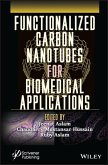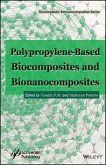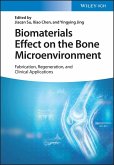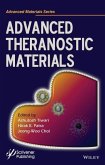Der Einsatz von keramischen Materialien in biologischen Umgebungen und bei biomedizinischen Anwendungen wird immer wichtiger. Ebenso wichtig ist es zu verstehen, wie die Biologie mit mineralischen Stoffen arbeitet und daraus widerstandsfähige Materialien für den klinischen Einsatz entwickelt. Biokeramische Werkstoffe haben die Biomedizin revolutioniert, ob als Knochentransplantate, Füllstoffe, Implantate, Oberflächenbeschichtungen von Implantaten aus Metall für den Einsatz beim Menschen. Der Schwerpunkt liegt aktuell auf der Verbesserung der Biokompatibilität, den physikalisch-chemischen und mechanischen Eigenschaften der Materialien und Geräte, der Entwicklung und dem möglichen Einsatz von Keramik und keramischen Verbundstoffen auf Mikro-, Nano- und Pico-Ebene. Biomaterialien, die auf Keramik basieren oder keramische Werkstoffe beinhalten, werden mithilfe von In-vitro-, In-vivo- und klinischen Tests auf ihre Einsatzfähigkeit überprüft. Dieses Fachbuch bietet einen Überblick überdie jüngsten Forschungen und Entwicklungen in der vorklinischen und klinischen Nutzung von biokeramischen Werkstoffen, zugehörigen Derivaten, anderen Biomaterialien auf der Basis von Biokeramik und Beschichtungen in der Medizin und Zahnmedizin. Materialverarbeitung, Charakterisierung, Optimierung, Leistungsfähigkeit, Zell-Gewebe-Interaktionen werden zusammen mit einem Überblick über das Potenzial von biokeramischen Werkstoffen als Therapeutika, zur Freisetzung von Stammzellen oder im Bereich Tissue Engineering vorgestellt. Die Zukunft biokeramischer Werkstoffe wird ebenso behandelt. Das Fachbuch will Antworten geben auf häufig gestellte Fragen zu der Entwicklung, Charakterisierung, Modulation, Optimierung und zur sicheren Anwendung von keramischen Materialien und Geräten mit keramischen Beschichtungen.


